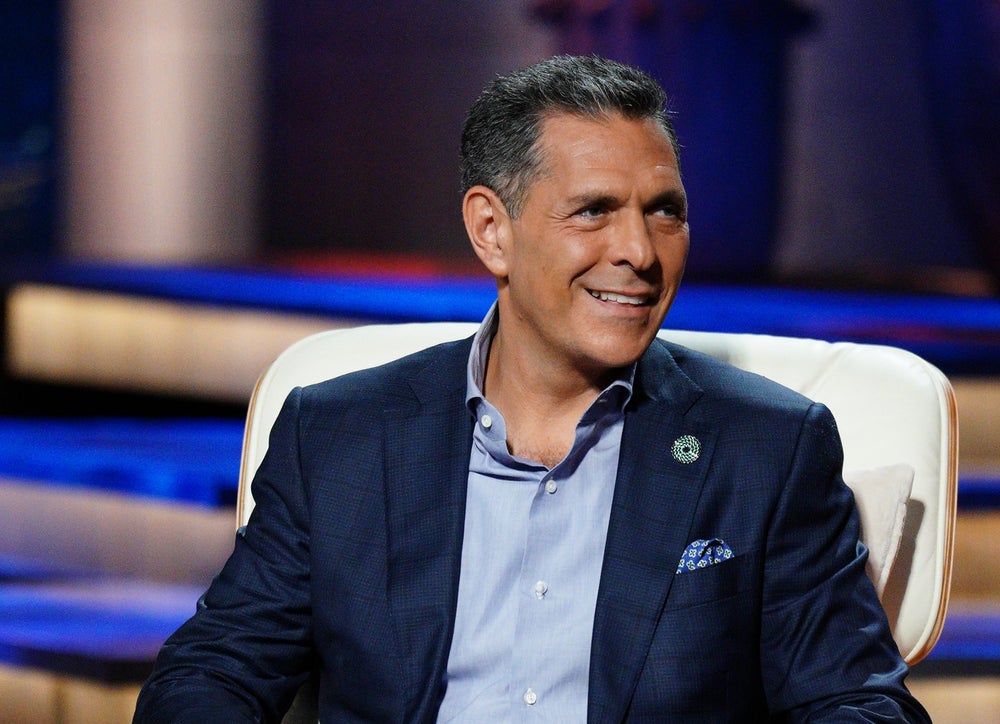Daniel Lubetzky, the founder of Kind Snacks with a personal net worth of $2.3 billion, admits that his morning routine used to be exhausting.
“I used to have horrible habits,” he said in an interview with Entrepreneur.
Lubetzky founded Kind Snacks in 2004 and sold it for $5 billion in 2020; he is now the founder and chairman of Camino Partners, a $350 million fund he started in January 2023, and a regular cast member on ABC’s “Shark Tank.”
Lubetzky shared that he spent years going to sleep at 2 a.m. because he wanted to clear his inbox completely. Instead of going to sleep, he would spend hours checking and responding to emails. The next morning, he wouldn’t make his scheduled workout because he needed the extra half hour of sleep.

“I had terrible exercise habits and sleeping habits,” Lubetzky said.
In the past two months, the 56-year-old entrepreneur has deliberately made some changes to his bedtime and morning routine.
“I conquered that,” he said. “I’m not going to sleep and waking up at the same time. It’s just transformed my life.”
Lubetzky now falls asleep around midnight and wakes up by 7:30 a.m. or 8 a.m., setting a new habit. His morning routine consists of stretching, something he says gives him “so much enjoyment.”
Productivity hack
Lubetzky also shared his top tip for productivity: When you’re working on a task, finish it.
“Don’t just leave things halfway, because then you have to start from scratch,” he said. “You’re being very unproductive.”
He recommended thinking about attention as a dot. Every time you read an email, that’s one dot virtually placed on the email. The goal is to minimize the number of dots, or points of attention, commanded by an email or document so that you’re not revisiting the same issue over and over again.
Book recommendation
Lubetzky recommended reading “The Daily Stoic” by Ryan Holiday, a book of 366 meditations. The book focuses on insights from Stoicism, a philosophical system that encourages focus on what can be controlled and acceptance of what can’t.








